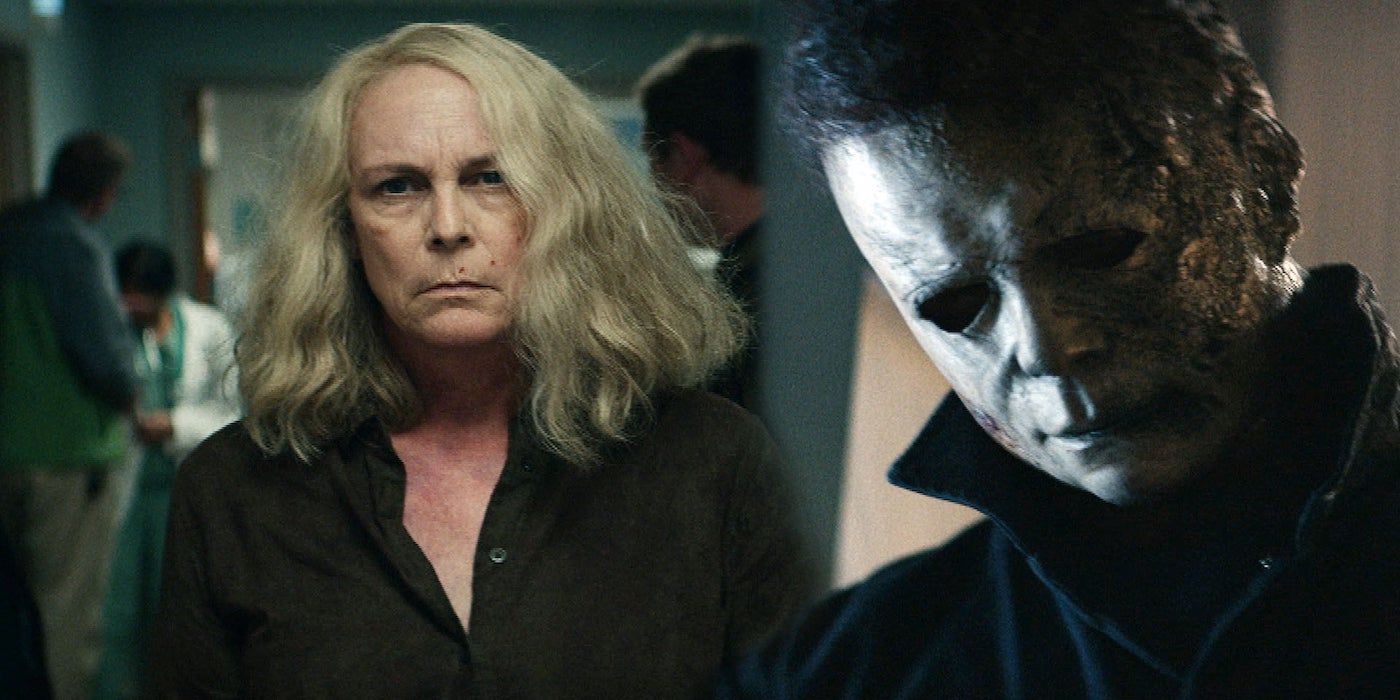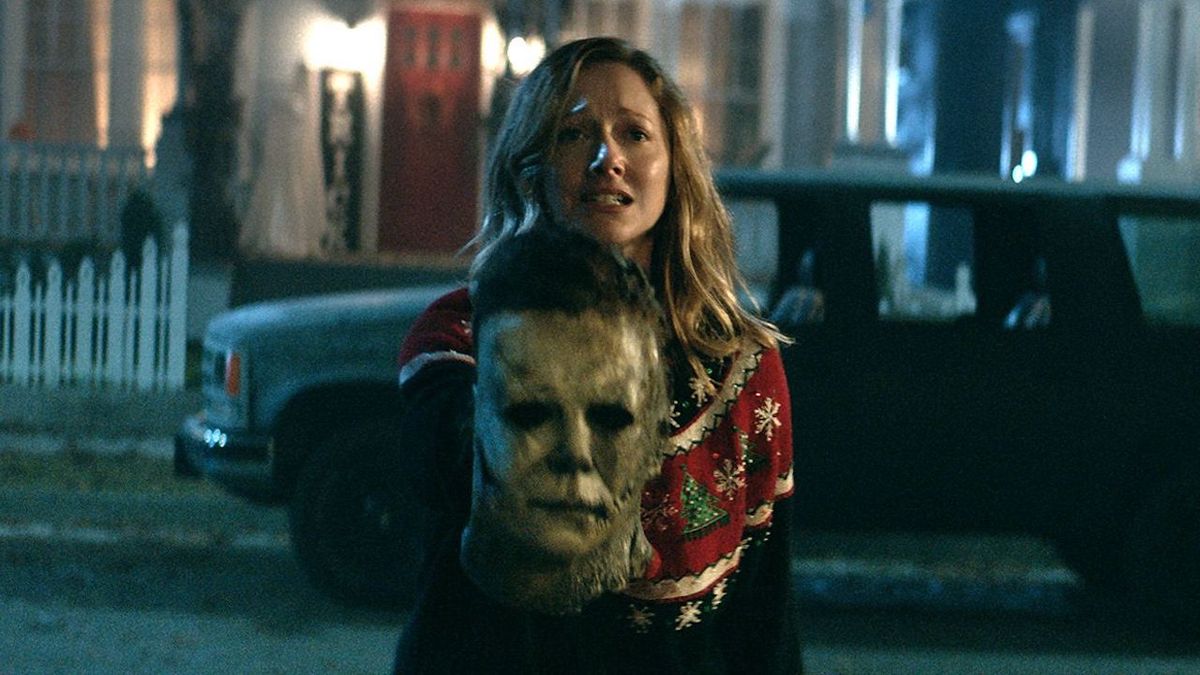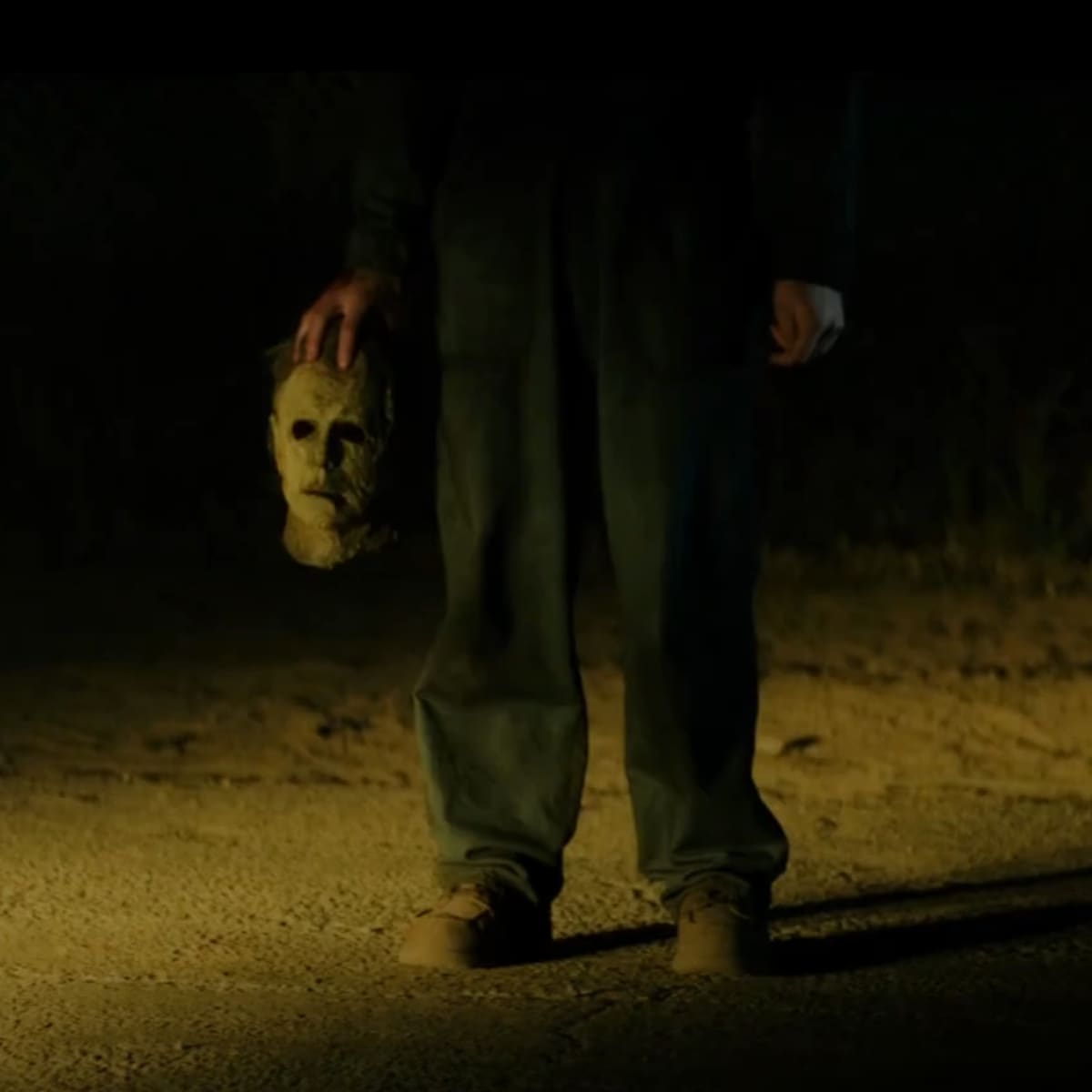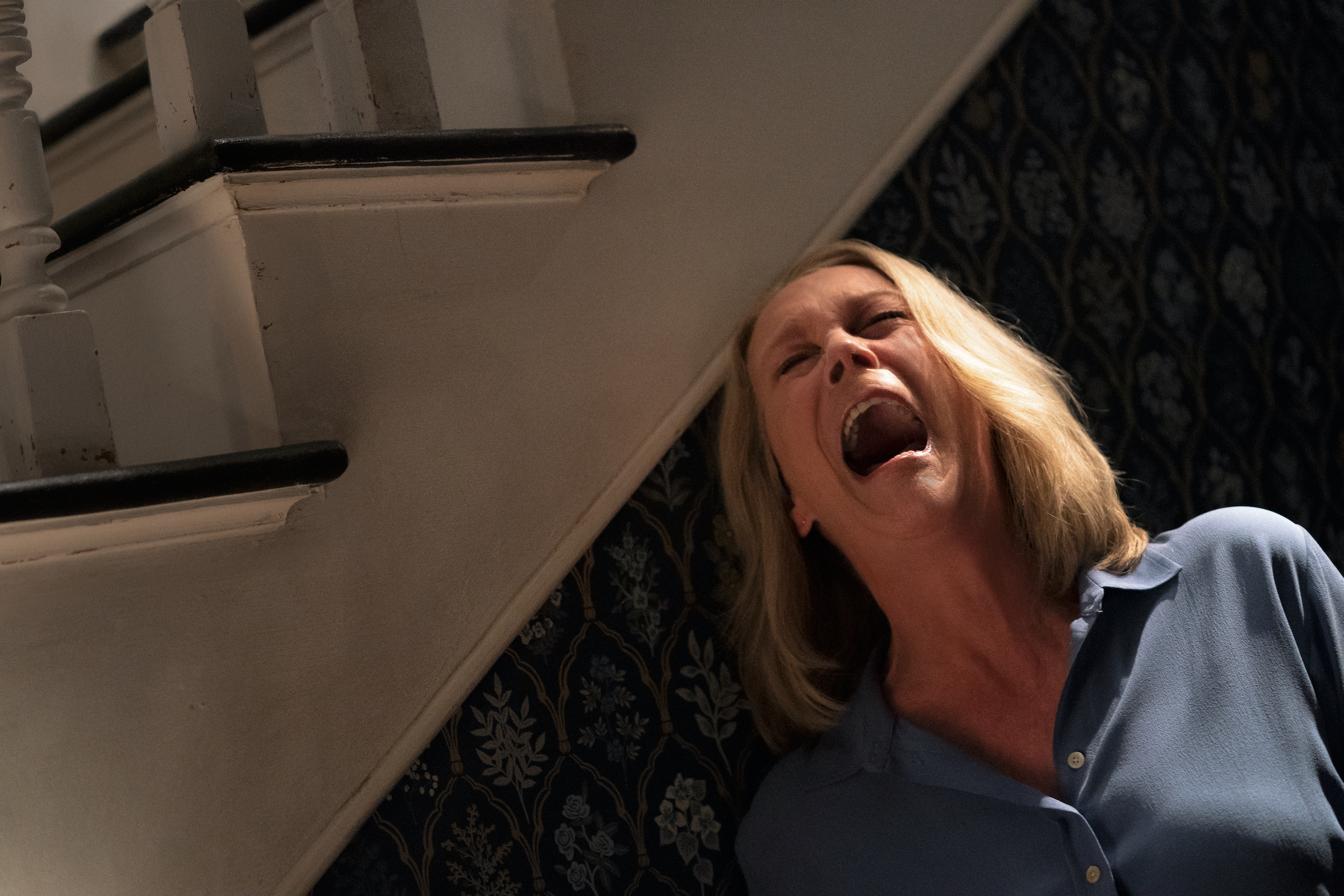Movie
Why Does Michael Myers Want to Kill Laurie?
In the iconic Halloween franchise, Michael Myers’ relentless obsession with Laurie Strode has been the driving force behind the series’ enduring popularity. From the original 1978 film to the recent reboot trilogy, Michael’s unwavering desire to hunt down and eliminate Laurie has captivated audiences for decades. But what is the underlying reason behind this chilling fixation?
The Origins of Michael’s Obsession

Michael Myers’ first encounter with Laurie Strode was not driven by any pre-existing connection or a specific motive. In the original 1978 film, Laurie was simply the first person Michael came across during his return to his hometown of Haddonfield, Illinois. As a young boy, Michael had already demonstrated a disturbing propensity for violence by brutally murdering his older sister. However, his subsequent targeting of Laurie was not rooted in any familial ties or personal vendetta, but rather in his innate, primal need to kill.
The Embodiment of Evil

Michael Myers is often described as the “embodiment of evil,” a manifestation of the pure, unadulterated desire to inflict harm and destruction upon the innocent. Unlike many other horror movie villains, Michael’s motives are not driven by complex psychological factors or a specific traumatic event. He is a predator, driven solely by a relentless compulsion to hunt and eliminate his prey.
- Michael’s murders are not the result of a twisted revenge plot or a psychological disorder, but rather a deep-seated, instinctual urge to kill.
- His lack of remorse or any discernible emotion sets him apart from more “human” antagonists, making him all the more terrifying and unpredictable.
- The fact that Laurie was simply in the wrong place at the wrong time, with no personal connection to Michael, adds to the sense of pure, random evil that he embodies.
The Thrill of the Hunt
For Michael, the act of pursuing and terrorizing Laurie is not merely a means to an end, but an integral part of the experience. The prolonged game of cat-and-mouse, the anticipation of the kill, and the sheer thrill of the chase are all key components of his twisted obsession.
- Michael derives a perverse satisfaction from the process of stalking and hunting his prey, often toying with Laurie and her loved ones before ultimately striking.
- The more Laurie eludes him, the more intense his fixation becomes, fueling his determination to finally end her life.
- Michael’s relentless pursuit of Laurie, even across multiple sequels and reboots, speaks to the deep-seated, almost supernatural nature of his obsession.
The Shift in Explanations

While the original 1978 film presented Michael’s obsession with Laurie as a purely random occurrence, the subsequent sequels and reboots have attempted to provide more concrete explanations for his fixation.
The Sibling Connection
One of the most significant developments in the Halloween franchise was the revelation that Laurie Strode was, in fact, Michael’s long-lost sister. This familial connection, first introduced in the 1981 sequel Halloween II, added a new layer of complexity to the dynamic between the two characters.
- The idea that Michael’s obsession with Laurie was driven by a twisted, incestuous desire to eliminate his own kin added a disturbing psychological dimension to the franchise.
- The sibling connection also provided a more tangible motivation for Michael’s relentless pursuit of Laurie, rooted in a perverse need to eliminate a part of himself.
- However, this plot twist was not universally embraced by fans, with some arguing that it diminished the pure, random evil that made the original film so unsettling.
The Reboot Trilogy’s Approach
The 2018 reboot, simply titled Halloween, and its subsequent sequels, Halloween Kills and Halloween Ends, have opted to return to the more ambiguous origins of Michael’s obsession with Laurie.
- In this new timeline, the sibling connection is no longer a factor, and Michael’s fixation on Laurie is once again presented as a random, chance encounter.
- The reboot trilogy’s approach emphasizes the inherent, almost supernatural nature of Michael’s evil, without the need for a specific familial or personal motivation.
- This decision has been met with mixed reactions from fans, with some appreciating the return to the original’s sense of unnerving, unexplained terror, while others have criticized the lack of a more cohesive narrative explanation.

Ultimately, the enduring appeal of Michael Myers’ obsession with Laurie Strode lies in its ability to tap into our deepest fears and unsettle our understanding of evil. Whether his fixation is rooted in a random, chance encounter or a more profound psychological connection, Michael’s relentless pursuit of his prey has become a hallmark of the Halloween franchise.
As the series continues to evolve, with new interpretations and explanations for Michael’s motivations, the core essence of his chilling obsession remains – a timeless, primal force of evil, driven by an insatiable need to hunt and destroy. It is this sense of the unknowable, the unexplainable, that has made Michael Myers and his twisted relationship with Laurie Strode one of the most iconic and enduring horror villains of all time.
